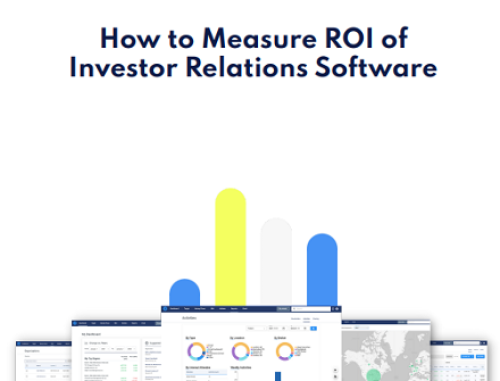On April 23, 2013 at 1.08 pm, the Dow Jones Industrial Average (DJIA) plunged nearly 145 basis points (1.45 percent) one minute after a tweet from the Associated Press (AP) announced the White House had been bombed. Almost instantly the day’s gains across every asset class were erased. The Dow returned to its pre-announcement level minutes after the tweet was revealed to be fake – and that AP’s Twitter account had been hacked.
News flow strongly influences trading activity, but only when investors pay attention to news announcements. Without this attention the effect of news on returns, volume, volatility and price appears to be weak and short-lived, according to research from Thomas Renault, a recent PhD graduate from Paris 1 Panthéon-Sorbonne University. When AP’s Twitter account was hacked it had 2 mn followers: minutes after the ‘bombing’ was announced the post was retweeted 1,500 times.
To put this into context, in 2013 an average of 500 mn tweets were posted on Twitter each day, which equates to around 6,000 tweets a second, according to data from Internet Live Stats. Given the volume of content being disseminated each day, why did this one tweet make the DJIA plummet? And how can it be used to create value?
In my opinion, the factor most likely to impact a particular announcement grabbing and holding the attention of the market is credibility: the source is more important than the content.
This concept is best illustrated by the following example. On April 28, 2015, Twitter’s share price dropped by 5 percent following a leaked tweet from Selerity that Twitter’s revenue had missed guidance by around $20 mn. The impact on Twitter immediately following this post was muted – shareholders were aware the news was unfounded and published by a competitor. It was only after Reuters confirmed the accuracy of Selerity’s post that the market reacted.
#BREAKING: Twitter $TWTR Q1 Revenue misses estimates, $436M vs. $456.52M expected
— Selerity (@Selerity) April 28, 2015
Does this mean every company announcement needs to be independently verified, ideally by an international newswire, before the market takes it seriously? No, but the ability for investors to sense an ulterior motive or vested interest should never be overlooked. The market reacted to AP’s Twitter post because, until that point, there was no reason to question it. The difference in reaction between this post in 2013 and Twitter’s own earnings leak in 2015 is evidence of the market taking a more measured approach to what it reads online.
Australia’s listing rules require any material announcement to be lodged firstly with the Australian Securities Exchange (ASX), itself acting as a source of validation for important news. The ASX is well within its rights to reject or ask for further clarification when an announcement is lodged. Beyond this mandatory starting point, it is worthwhile considering who or what organization can act as the next layer of validation or endorsement.
Community groups, government departments, agencies and not-for-profit organizations can all play a role in adding weight to a company’s message, in some instances, reaching a wider (if not more attentive) audience than traditional media outlets. Engaging with these groups regularly is often overlooked as a means of generating shareholder value. For small and micro-cap companies it can be particularly effective, as journalists are generally more focused on the bigger end of town. The company’s own share register should be the first port of call for identifying potential points of influence; the network of affiliations that spread from its top 20 shareholders is in itself a great source of intelligence.
An open and consistent dialogue with key members of the community, government and financial markets is often a reliable and cost-effective way to grab and maintain attention when you need it most, to either promote a positive story or educate about a particular issue.
Henry Downing is an associate at Citadel-MAGNUS.










